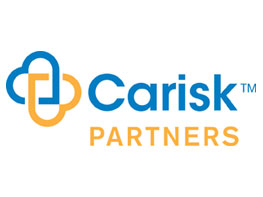White Paper
Addressing Physical & Emotional Injury: A Case Study Supporting the Evidence-Based Approach to Wound Management
White Paper Summary
Meeting the needs of a patient with chronic or acute wounds requires care beyond convention, including a multidisciplinary approach, specialized treatment, and comprehensive surgical and non-surgical interventions. Wound management can be complicated by psychosocial risk factors such as anxiety, depression, and/or post-traumatic stress disorder, where each emotional injury (often in combination) requires as much care and attention as the physical wound.
Proper wound management calls for a program that combines specialized medical and mental health disciplines, expertise in managing the toughest clinical cases and often with the most challenging patients to reach and activate; this requires responsive, quality care that focuses on addressing the depth of any mental health damage, along with the depth of the patient’s tissue damage.
A specialized program developed by Carisk® Partners incorporates an understanding of evidence-based medical and behavioral health practices in wound management and addresses the full spectrum of challenges often seen in wound care cases. Carisk recognizes the complexity of all of the biopsychosocial variables involved with individual injuries requiring wound management. As illustrated in the following case study, the Carisk Wound Management Program meets individual patients and their unique needs right where they are in their journey. The program, which is embedded into Carisk’s existing Pathways™ 2 Recovery program, delivers on all of the hallmarks of Carisk’s distinctive approach that their clients have come to appreciate and expect: science-based medical expertise, strengths-based patient engagement, empathy-based care navigation, and outcomes-based Care Coordination Plans.
“When a patient is recovering from physical wounds, it’s important to remember that they are often attempting to heal from emotional injury as well. Attention to one, without the other, dramatically increases the medical and the mental health risks for that individual.”
– David Vittoria, Senior Vice President, Clinical Business & Product Development at Carisk Partners
To learn more about Carisk Partners, please visit their website.







